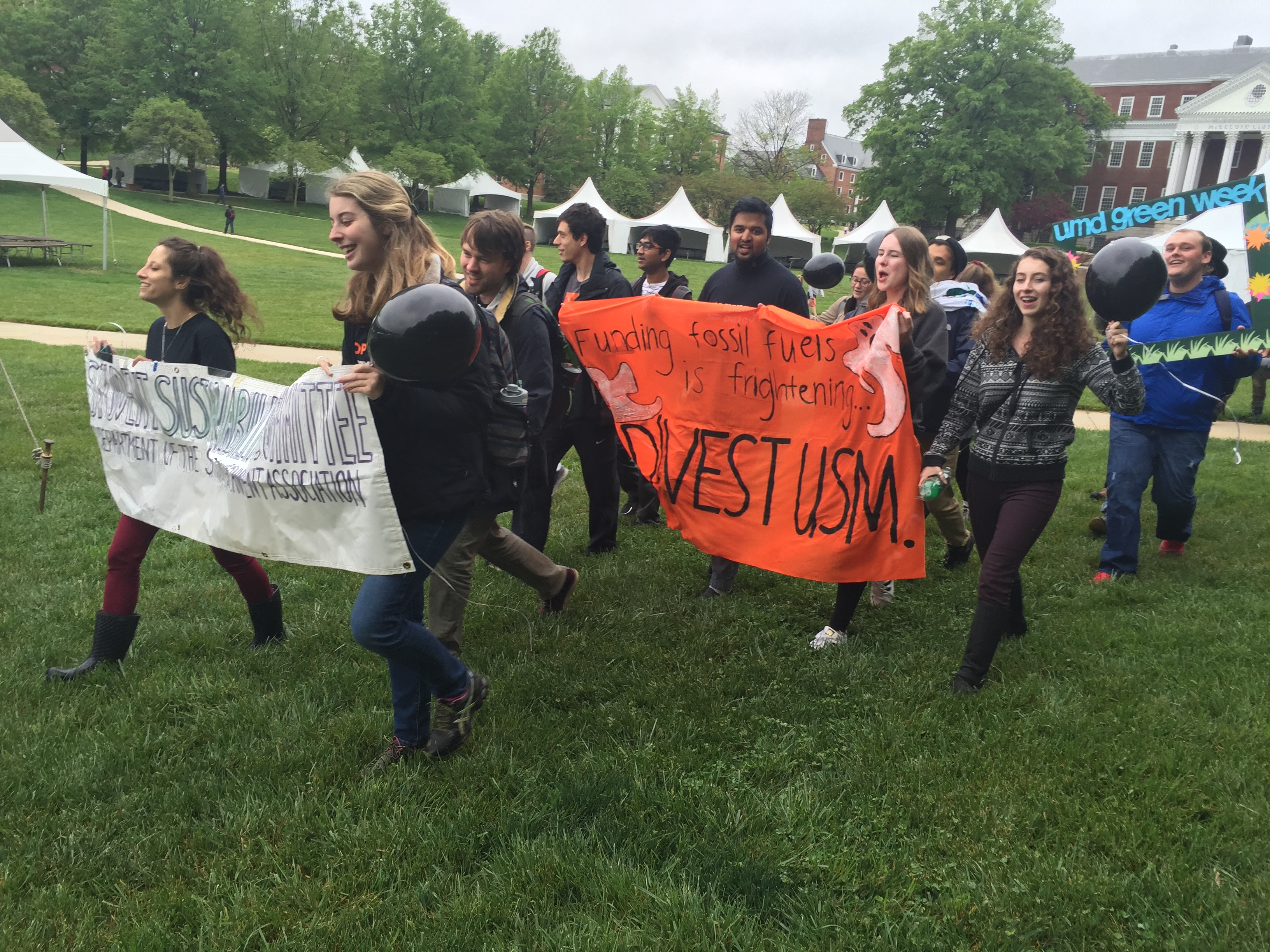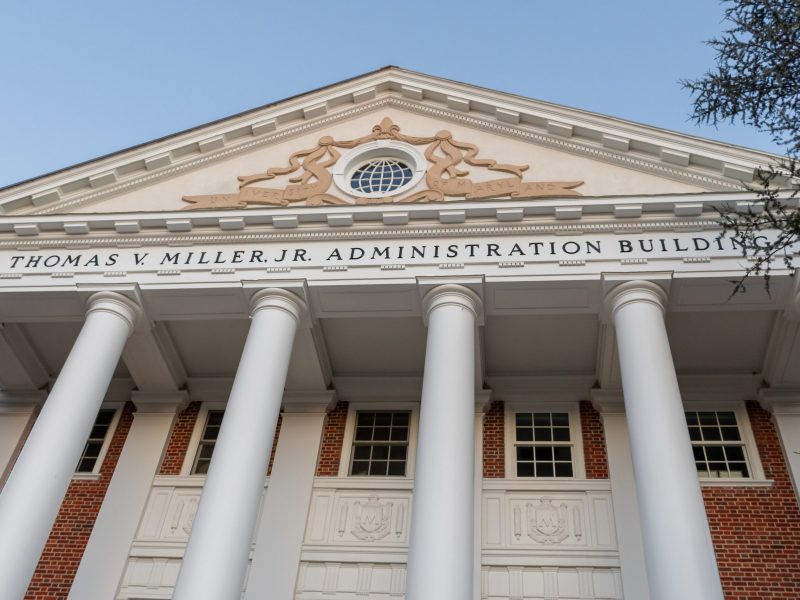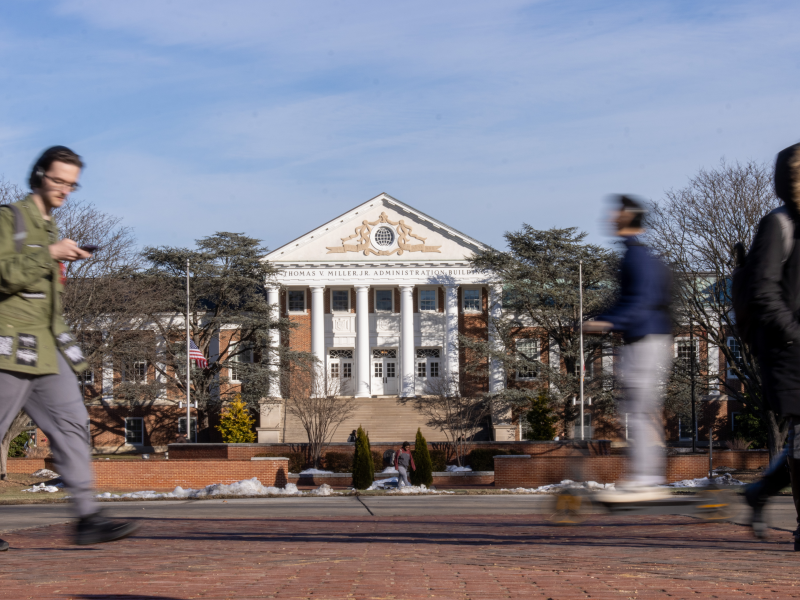In case you missed it, the University System of Maryland Foundation — which oversees the $1 billion endowment that funds your scholarships — announced on June 30 that they would stop investing directly in coal, oil and natural gas companies. This is part of a larger “divestment” movement, which is pushing for universities and public pension fund trustees to sell off investments in fossil fuels. While The Diamondback has published a smattering of columns on the subject of divestment, don’t be fooled: The decision to “divest” is simply an empty gesture. The USMF “has no direct investments in coal, tar sands, or any companies on the Carbon Underground 200 list,” according to The Diamondback’s own reporting.
Leonard Raley, president and CEO of the foundation, said the vote was inspired by “the students and the positions they took that caused us to focus on it this year,” according to The Baltimore Sun. However, I don’t recall being asked if I wanted my scholarship funds to be jeopardized because a small group of 600 students out of a student body of more than 150,000 feels that divestment is the best way to fight climate change.
And while the USMF’s decision is an empty gesture, you might ask, “would full divestment really hurt my scholarship if only 7 percent, or $70 million, of the university system’s endowment is invested in the energy sector?” Good question. Study after study has shown that divestment actually causes more harm than good.
A recent report by professor Hendrik Bessembinder of Arizona State University found that the transaction and management costs related to divestment have the potential to rob endowment funds of as much as 12 percent of their total value over a 20-year time frame. This could mean millions of dollars lost in desperately needed financial aid, research and program grants, and funding for vital facility renovations, solely to participate in what has been called a bumper-sticker campaign.
As a student of public policy, my first instinct is to consider the costs and benefits of a policy before implementing it. Economist Milton Friedman argued further that we ought to judge a policy by its results rather than its intention. For this reason, the USMF ought to conduct a cost-benefit analysis of divestment, the result of which will likely find that divestment would cost students, faculty and staff millions of dollars.
The fact is that divestment fails to have any tangible impact on climate change and only hurts the individuals and systems that rely on the endowment: students, professors, staff, research services and more.
Chris Ailman, CIO of the California State Teachers’ Retirement System, said “I’ve been involved in five divestments for our fund. All five of them we’ve lost money, and all five of them have not brought about social change.”
The USMF’s own mission statement highlights its task of “advocat[ing] and support[ing] the advancement of public higher education … through visionary leadership in philanthropy, asset management, and stewardship.” USMF should follow the lead of universities like NYU and Cambridge, who have chosen to leverage their investments in the energy sector to engage the industry while saying no to empty and costly divestment. Engagement, rather than divestment, is in line with the USMF’s mission statement and will facilitate, rather than hinder, the growth of this system.
Josh Wilson is a public policy graduate student specializing in public sector financial management. He can be reached at jhw028@gmail.com.



